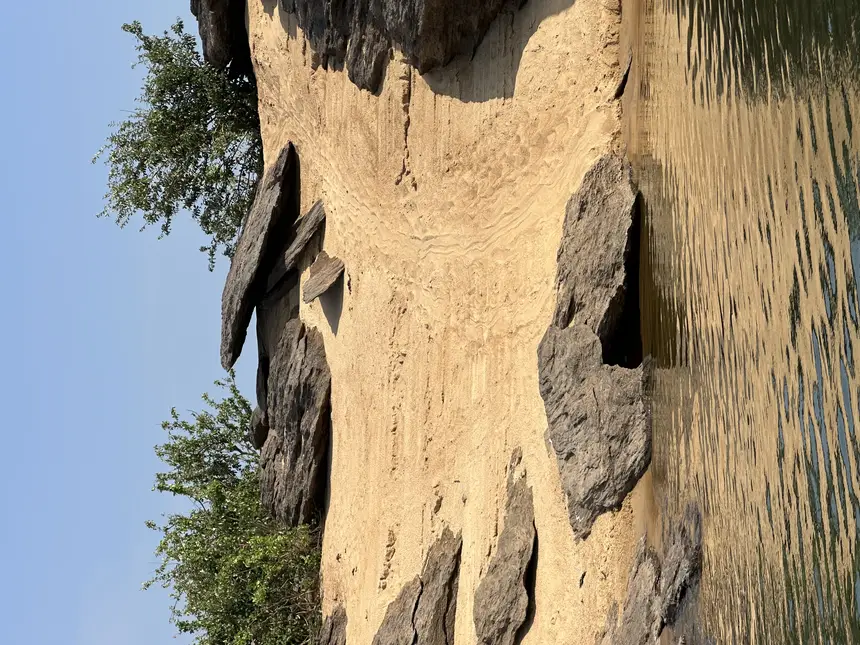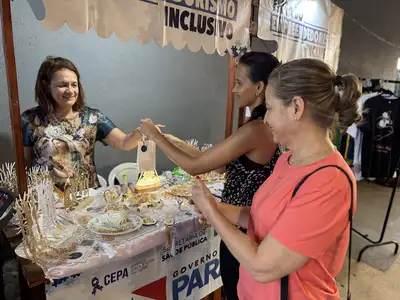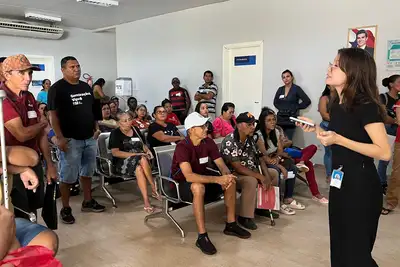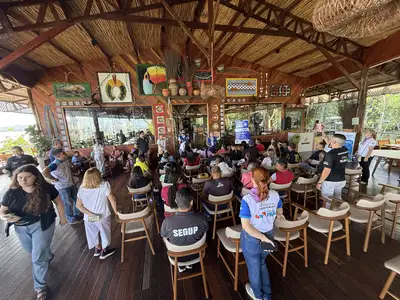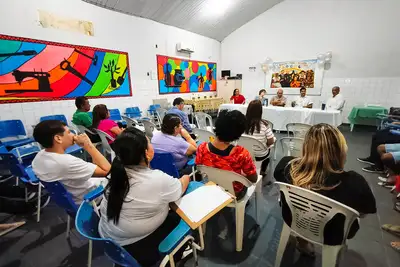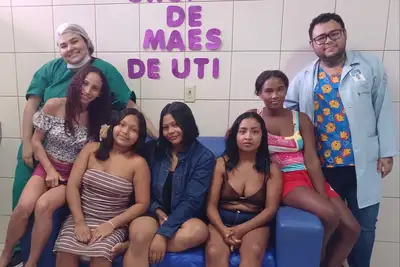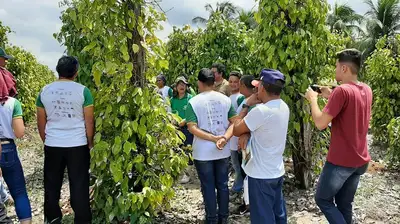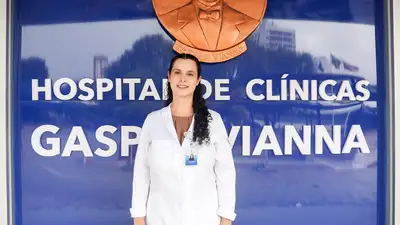More than 1,600 turtle eggs collected in the Araguaia River go to a conservation nursery
Incubation work is essential to ensure a higher survival rate of the animals that, after about 50 days, will leave the eggs
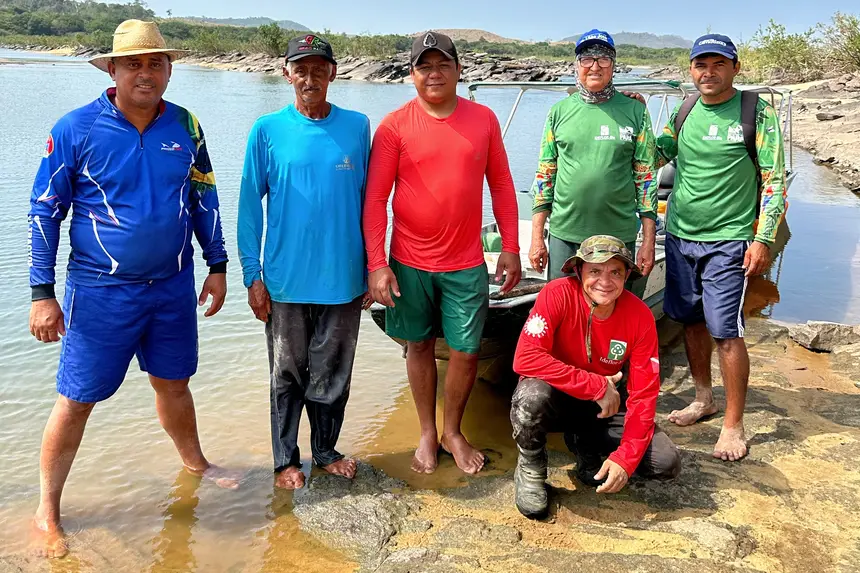
The Forest Development and Biodiversity Institute of Pará (Ideflor-Bio) and the Xambioá Environmental Institute (IAX) successfully completed an important mission for the preservation of Amazonian biodiversity: the collection and transfer of approximately 1,600 turtle eggs found on the beaches of the Araguaia River, in São Geraldo do Araguaia, in southeastern Pará. The action involved technicians from the Araguaia Administrative Region Management (GRA), firefighters, and riverside residents from the region.
The collected eggs were sent to the nursery of the Xambioá Environmental Institute, located in the State of Tocantins, where they will remain under monitoring until the hatchlings are born. The incubation work is essential to ensure a higher survival rate of the animals that, after about 50 days, will leave the eggs. Subsequently, they will remain in temporary captivity for approximately six months, receiving special feeding and care before being released into the wild.
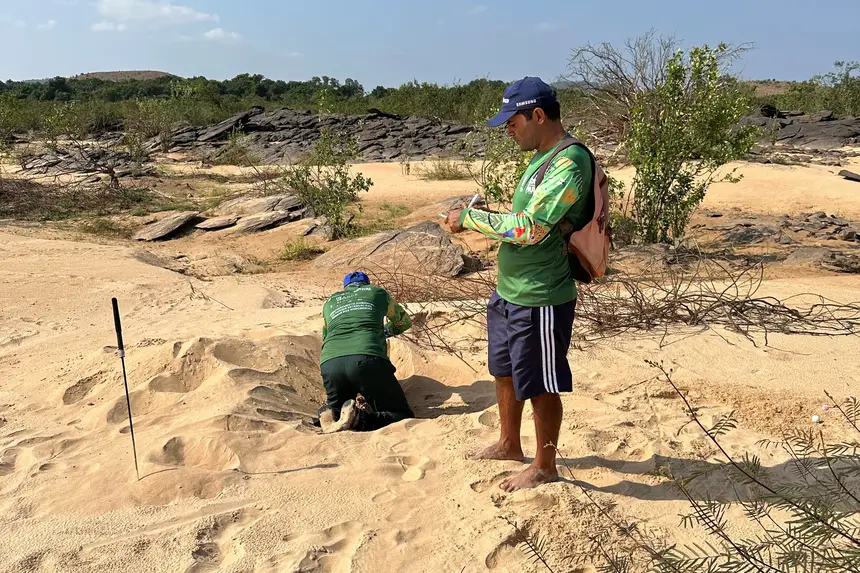
During the operation, the technicians faced challenges, such as the difficulty of locating intact nests, as some had been removed by human action. Nevertheless, the dedication of the teams allowed for significant results. "We started discouraged because many females did not lay eggs and some eggs were taken by riverside fishermen. But we managed to turn the situation around on other beaches and ended the season with about 1,600 eggs, from approximately 20 nests," reported Alípio Murici, president of the Xambioá Environmental Institute.
Participation of the local community
The work also had the direct collaboration of riverside residents, who assisted in locating the nests and safely transporting the eggs. This community integration is considered fundamental for the success of the action, as it strengthens environmental awareness among populations living around the river and relying on its natural resources for subsistence.
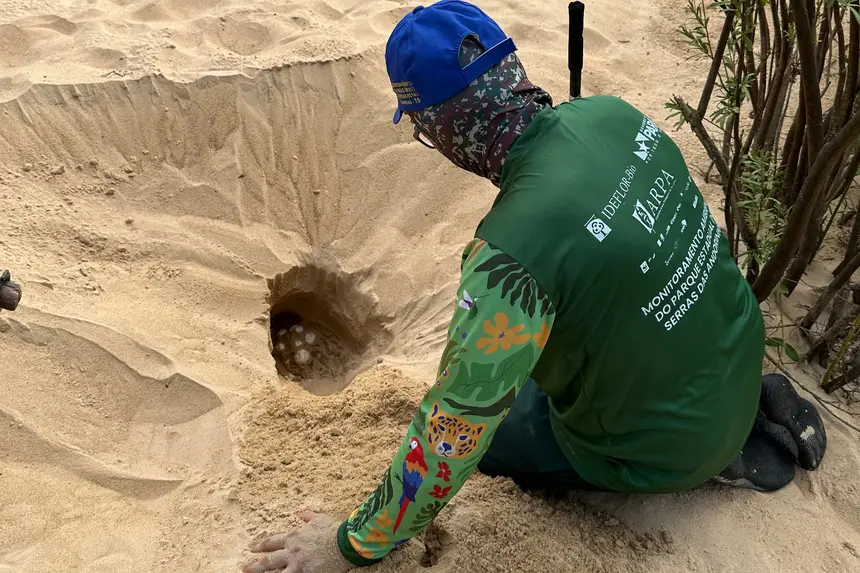
The manager of the Araguaia Administrative Region of Ideflor-Bio, Laís Mercedes, emphasized the importance of inter-institutional partnership and the engagement of local communities to ensure the future of the species. "This project for the preservation of Amazonian turtles is developed with the direct participation of the community, which works with us in awareness and environmental education actions. It is a joint effort to maintain the balance of the Araguaia and the preservation of these species essential to the ecosystem," she highlighted.
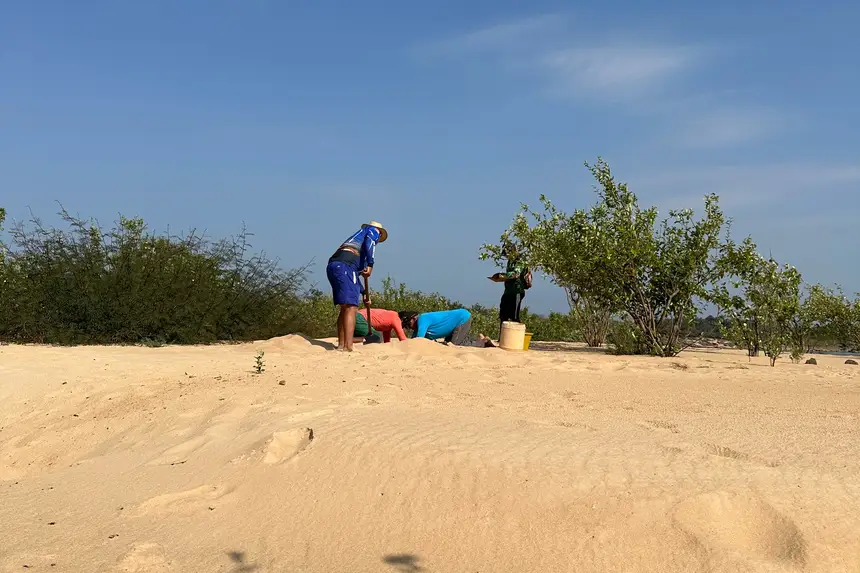
Environmental awareness
The president of IAX added that the work goes far beyond the collection and release of the animals, as it also seeks to strengthen ties with the riverside residents. "After incubation, the hatchlings will be fed and cared for until they are ready to return to the river. This release moment becomes a big event, with community participation and direct dialogue with the population, which further reinforces the value of preservation," Murici emphasized.
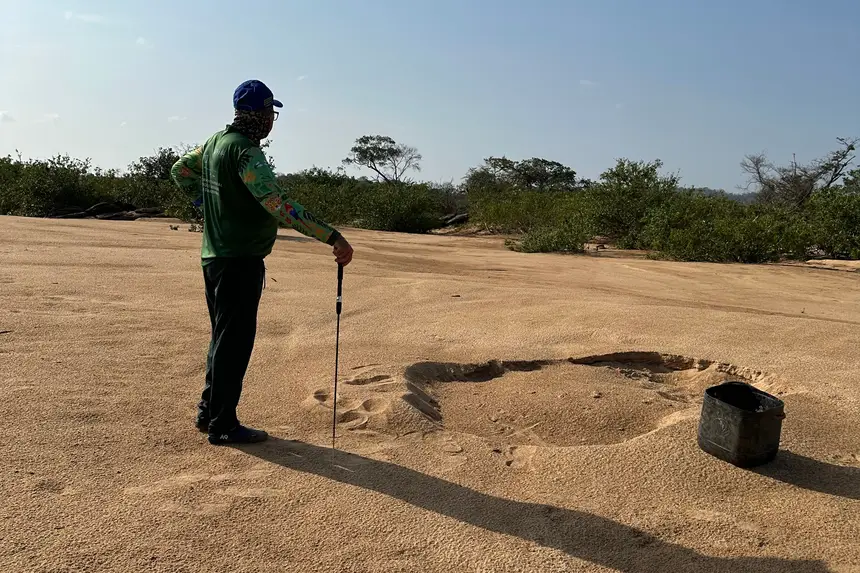
The initiative is part of a permanent effort to monitor and conserve turtle species in the Amazon, especially those that nest along the banks of the Araguaia, adjacent to two important conservation units of Ideflor-Bio, the Serra dos Martírios/Andorinhas State Park and the Araguaia Environmental Protection Area (APA). These animals play an essential ecological role in maintaining riverine ecosystems, contributing to the balance of the food chain and the natural cycle of the river's beaches.


